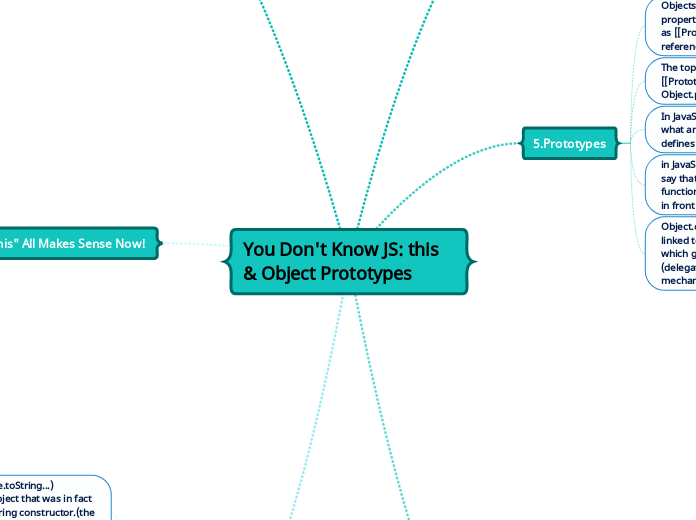по Leo Ramirez 4 лет назад
337
Organigrama
The study of semantics delves into understanding the meanings of words and sentences. One concept within this field is overextending, where children might use a word like "daddy" for all men or "

по Leo Ramirez 4 лет назад
337

Больше похоже на это


от Julie Dillon


от Ahiliya Kwahu


от Aly Schmidt


от Tatiana Sivak
The point is that even ostensive definition depends on prior knowledge of some word meanings.
To understand that you are being given a name you need to know something about the language that the ostension takes place in.
If you are walking with a child and you see a dog, you say That’s a dog or Look at the doggie! and the child begins to acquire the concept dog, which is filled out by subsequent experience of dogs.
This is the idea that children (and adults) acquire concepts by being directed to examples in the world.
x is a woman if and only if L. where L is a list of attributes, like: x is human; x is adult; x is female, etc.
If we can find the right set, so that just that set is enough to define a woman, then they can be called sufficient conditions.
If something must have them to be a woman, then they can be called necessary conditions.
Where a child uses daddy for every male adult, or cat for cats, rabbits and other pets.
This is a model of concepts which views them as structured so that there are central or typical members of a category.
Such as bird or furniture, but then a shading off into less typical or peripheral members. So chair is a more central member of the category furniture than lamp, for example. Or sparrow a more typical member of the category bird than penguin.
As when for a child dog can only be used for their pet, not the one next door.
Deixis
A label for words whose denotational capability so obviously needs contextual support.
Reference
The relationship by which language hooks onto the world.
Sense
The semantic links between elements within the vocabulary system is an aspect of their sense, or meaning.
Denote
Is used for the relationship between a linguistic expression and the world.
Circularity.
The question of whether linguistic knowledge is different from general knowledge.
The problem of the contribution of context to meaning.
The relation of signs to interpreters.
The relations of signs to the objects to which the signs are applicable.
Phonetics
Sintaxis
Grammar
Pragmatics
Psichology